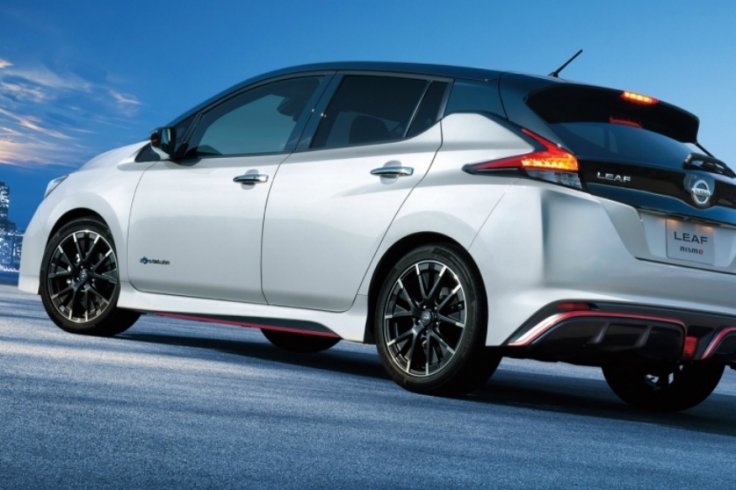Global car manufacturing giant Nissan is reportedly facing a critical financial crisis, with warnings that the company may only have 12 months to secure its future or simply collapse. The Japanese automaker, which employs over 7,000 people in the UK and 17,000 in the US, has launched a massive cost-cutting initiative in response to major financial losses.
Last month, Nissan announced plans to cut 9,000 jobs and slash its global production capacity by 20 percent. The cost-cutting initiatives are in a bid to slash expenses by $2.6 billion in the current fiscal year, as the company struggles with plummeting sales in its two largest markets, China and the United States.
Nissan Struggles to Survive
Wikimedia Commons
Nissan’s chief executive, Makoto Uchida, has opted to halve his salary, while reports reveal that chief financial officer Stephen Ma is stepping down from his role. Despite these moves, insiders fear that such measures may not be enough to help Nissan compete with rivals who have made greater strides in producing popular hybrid vehicles.
Concerns are further heightened by the potential dissolution of a long-standing strategic deals signed with Mitsubishi and Renault in 1999 to cover the European, Japanese, and US markets.

X
According to the Financial Times, two unnamed senior Nissan officials claim Renault is considering reducing its financial stake in the company. If this happens, Nissan may need financial support from either the Japanese or US governments within the next year to stay afloat.
Nissan faces the risk of accumulating its highest-ever debt by 2026, which could amount to as much as $5.6 billion, according to recent reports.
The automaker’s global sales have declined 3.8 percent to 1.59 million vehicles in the first half of the current fiscal year, with a staggering 14.3 percent decline in the Chinese market contributing to the downturn.

X
In the UK, Nissan employs around 7,000 people, including 6,000 workers at the country’s largest car manufacturing facility in Sunderland.
Fight for Survival
A senior Nissan official, quoted by the Financial Times, warned of the gravity of the situation, saying: “We have 12 or 14 months to survive. This is going to be tough. And in the end, we need Japan and the US to be generating cash.”

Last month, Hideyuki Sakamoto, Nissan’s head of manufacturing, revealed during a news conference that the company plans to reduce the operational maximum capacity of its 25 global vehicle production lines by 20 percent. “One specific method for this is to change the line speed and shift patterns, thereby increasing the efficiency of operational personnel.”
CEO Uchida told reporters: “This has been a lesson learned and we have not been able to keep up with the times.
“We weren’t able to foresee that hybrid electric vehicles and plug-in hybrids would be so popular.”
Speculation is rife that Nissan is contemplating strengthening its ties with Honda, Japan’s second-largest automaker, with the possibility of Honda acquiring a stake in Nissan. However, insiders have described this as a “last resort” option.
Toyota, Japan’s and the world’s largest car manufacturer, produces around 10 million vehicles annually, comfortably outpacing Nissan’s output of 3.4 million.
Separately, Nissan recently urged swift action to address concerns about automakers being penalized due to the slow growth in electric vehicle sales in the UK. The company blamed the issue to outdated benchmarks set by the nation’s Zero Emissions Vehicles Mandate.


